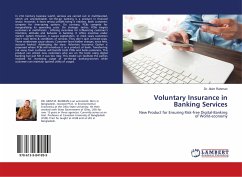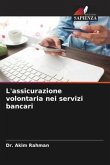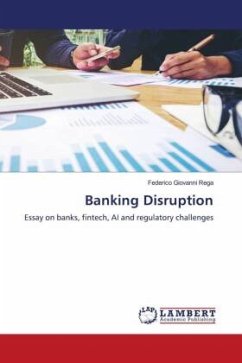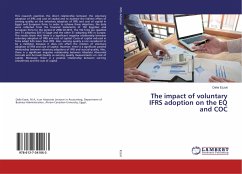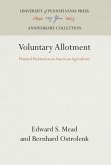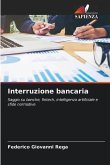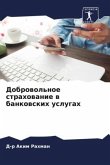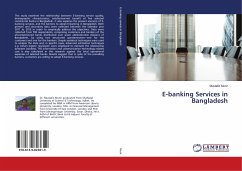In 21st Century business world, services are carried out in multifaceted, which are unpredictable. On-the-go banking is a product in financial sector. However, it faces serious pitfalls being it riskiness. Bank customers compete for time-saving options. On contrary, PCBs compete for marginalizing its operating costs. On strategic tactics, PCBs targets customers in multi-facets - offering incentives for Influencing customer's intention, attitude and behavior in banking. It offers incentive under market system. However, it causes exploitation. In most cases customers don't read terms & conditions of services. They don't save contract-copy. These weaknesses cause abuses. Customer faces hidden charges, extra fees, account hacked. Addressing the issue, Voluntary Insurance Option is proposed where PCBs will introduce it as a product of bank. Transferring risk away from customer will benefit both PCBs and bank-customers. This product can attract new customers who are on the brink using digital banking but just felt it was too risky. This model can facilitate the parties involved for increasing usage of on-the-go banking-services while customers can maintain optimal utility of usages.
Hinweis: Dieser Artikel kann nur an eine deutsche Lieferadresse ausgeliefert werden.
Hinweis: Dieser Artikel kann nur an eine deutsche Lieferadresse ausgeliefert werden.

